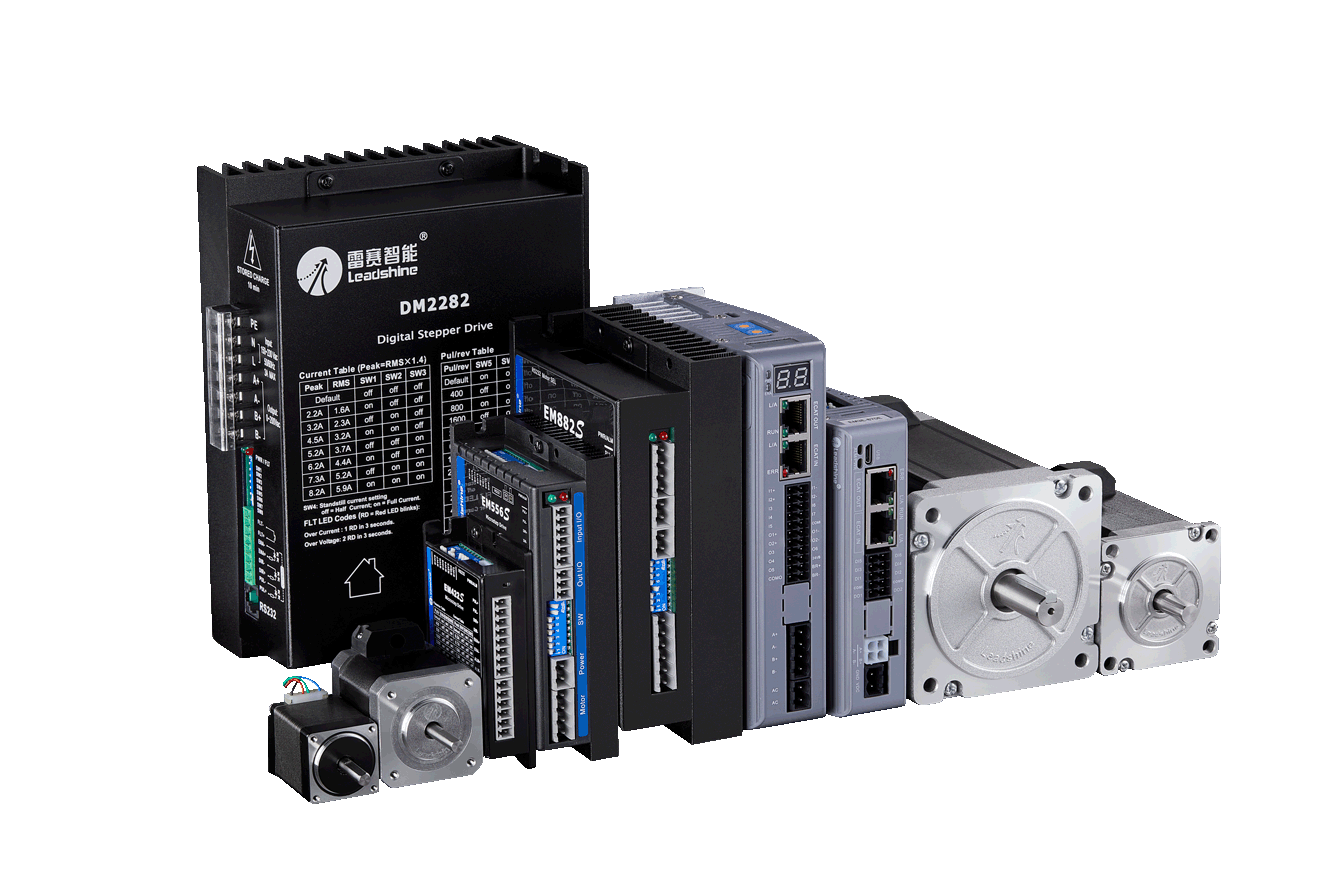servo motors and drives play a crucial role in various industries, providing precise control over motion systems. These components are essential for achieving accuracy and efficiency in automation processes.
The Importance of Servo Motors and Drives
Servo motors convert electrical signals into mechanical movement with high precision. They offer excellent speed control, torque output, and position accuracy, making them ideal for applications that require controlled motion. The drives work alongside servo motors to provide the necessary power supply and control signals.
The Role of Motion Control Module
A motion control module is an integral part of servo motor systems. It acts as the brain behind the operation by processing commands from a controller or computer system. This module ensures synchronized movements, monitors feedback signals from sensors, and adjusts parameters accordingly to maintain desired performance levels.
Differences between Servo Motor and Stepper Motor
Servo motors differ from stepper motors in terms of their operating principles. While both types can achieve precise positioning, servo motors use closed-loop feedback systems to continuously adjust their position based on real-time information from encoders or resolvers. On the other hand, stepper motors move incrementally based on digital pulses without feedback mechanisms.
Conclusion

In conclusion, servo motors and drives are vital components in industrial automation due to their ability to provide accurate motion control. By utilizing these technologies effectively, industries can enhance productivity while maintaining high levels of precision in various applications.
Click servo motor and stepper motor.